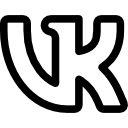 Cookies!
Cookies!
We use cookies to understand how you use our website and to improve your experience. This includes personalizing content and advertising. To learn more, please click Here. By continuing to use our website, you accept our use of cookies, Privacy policy and terms & conditions.









